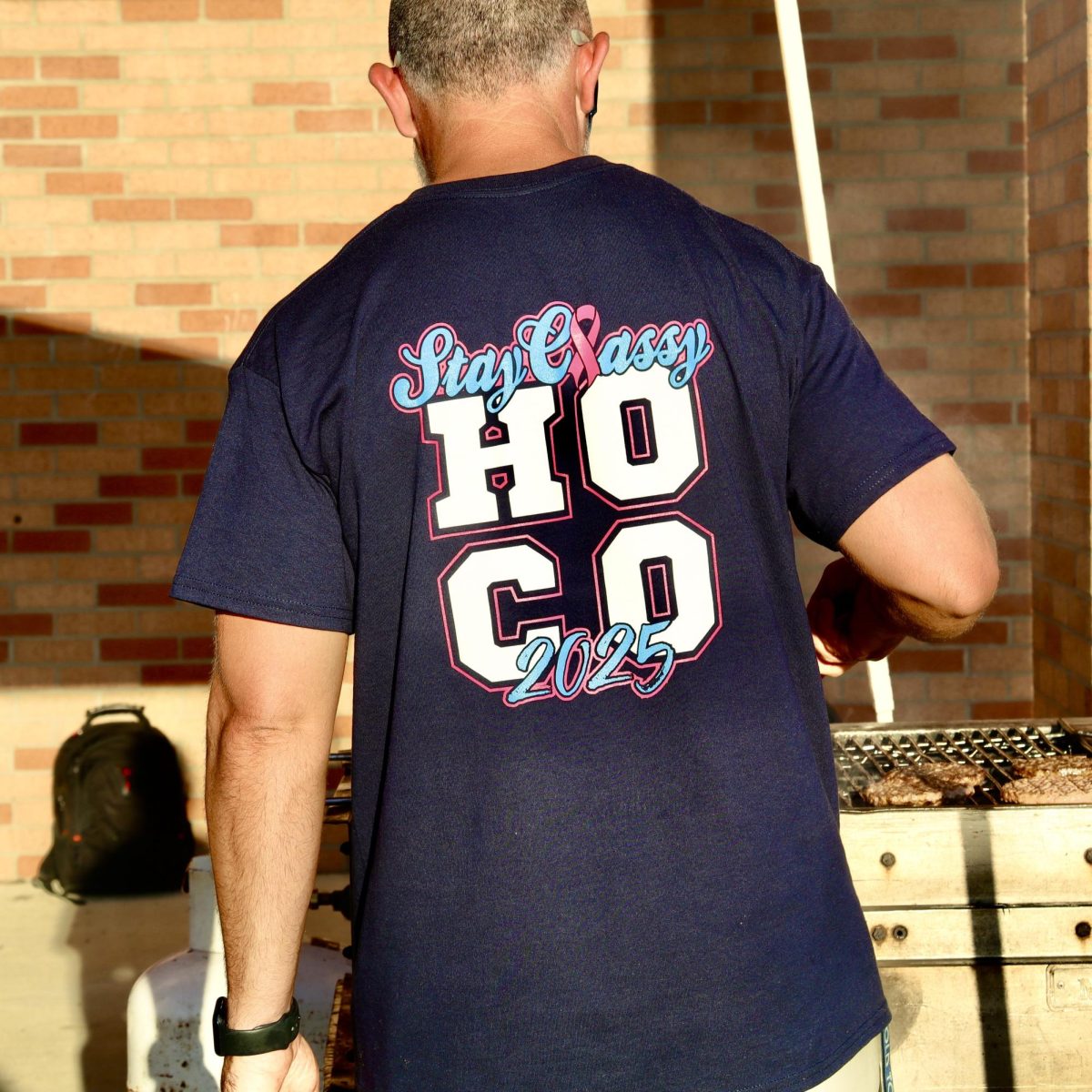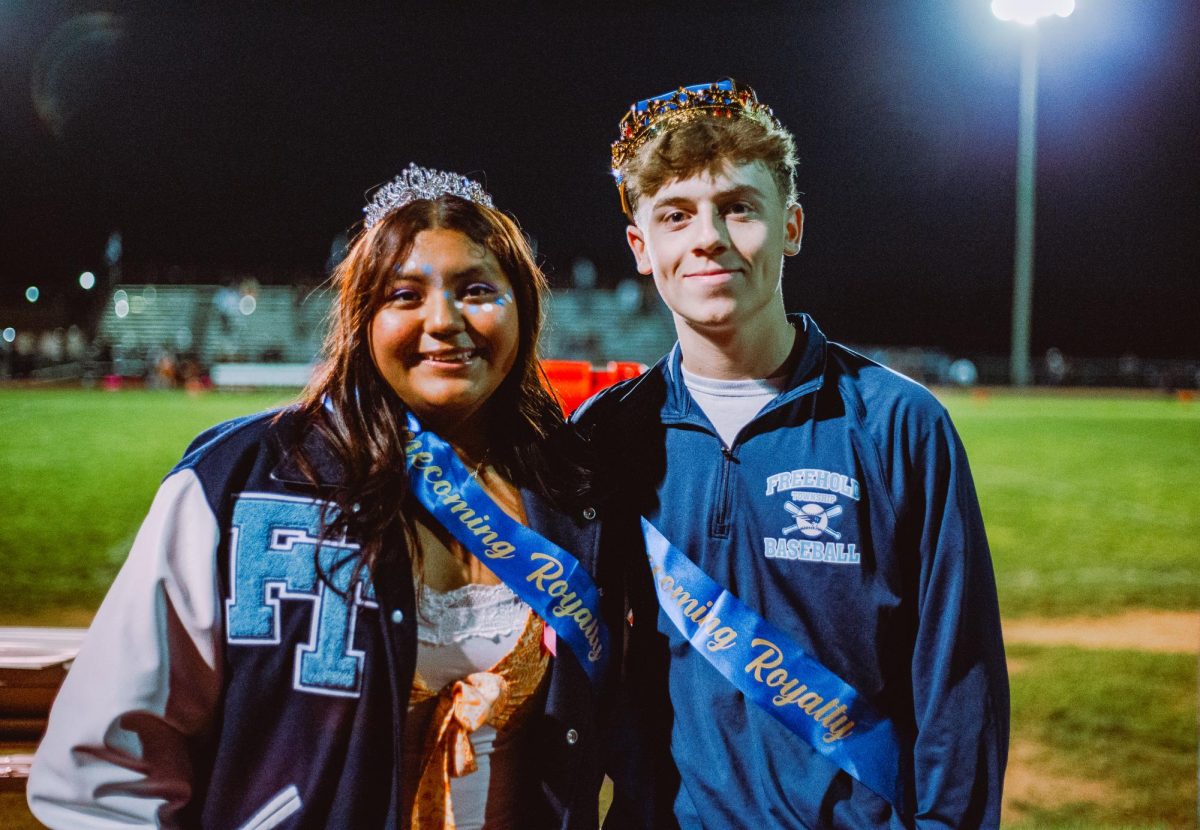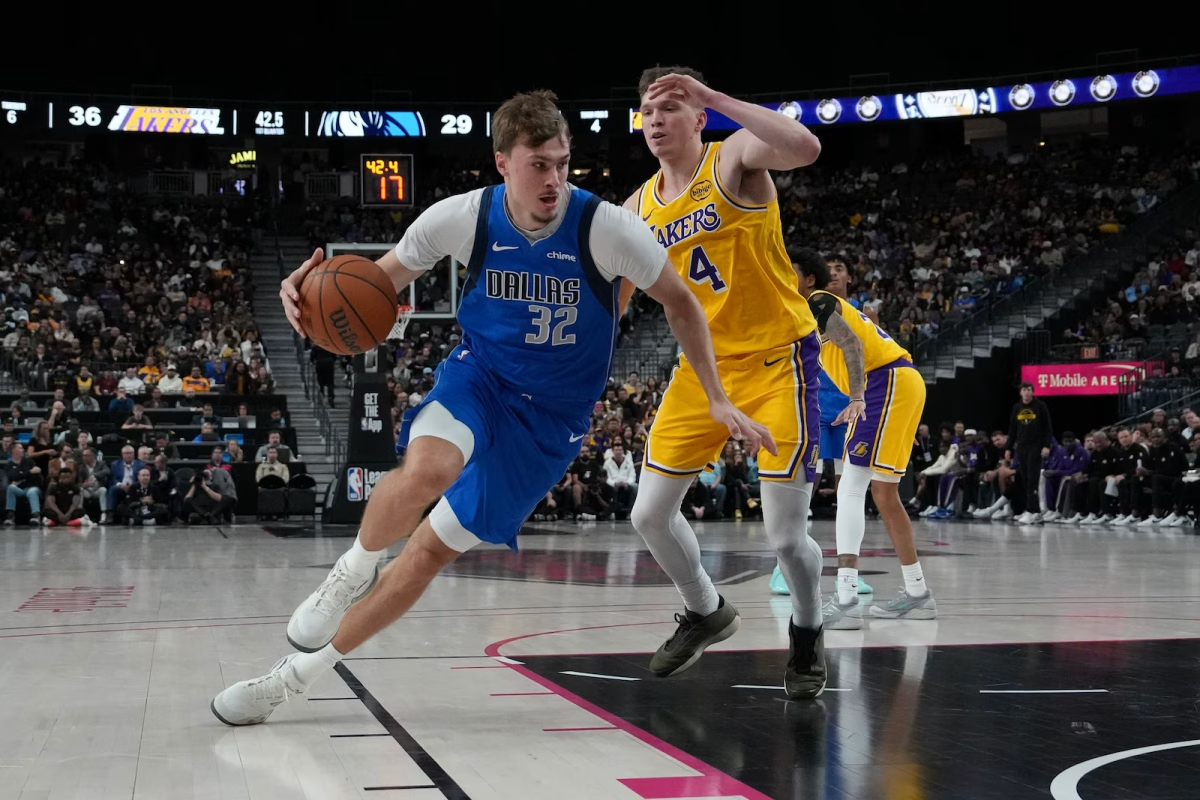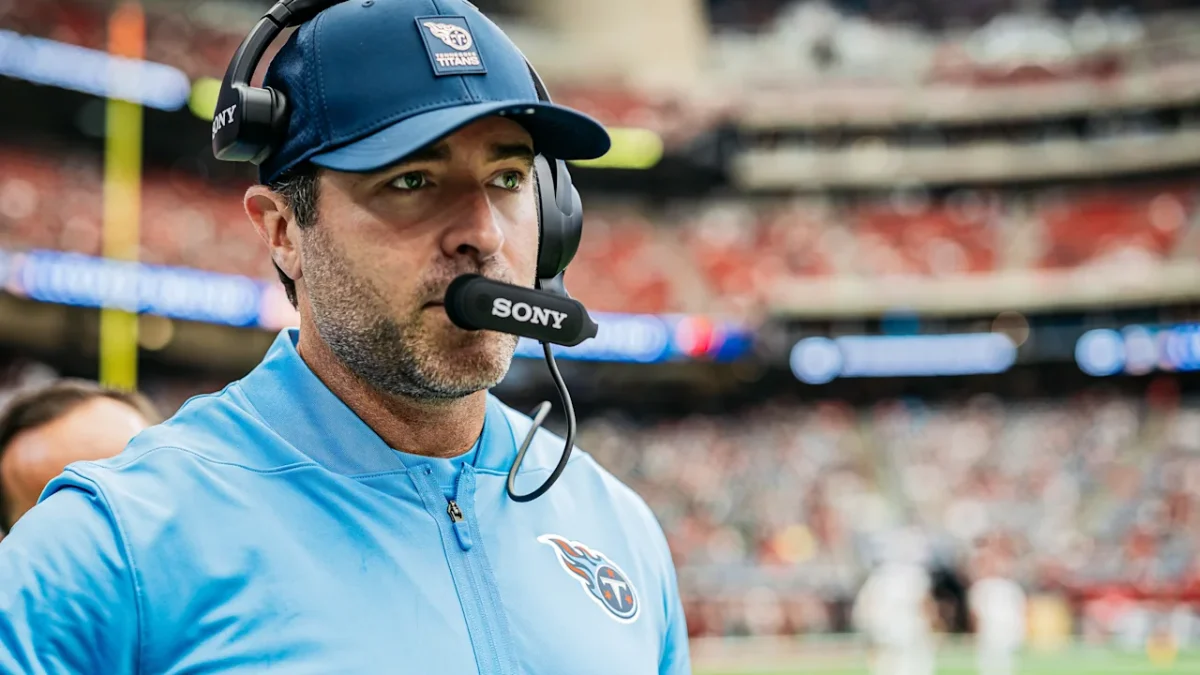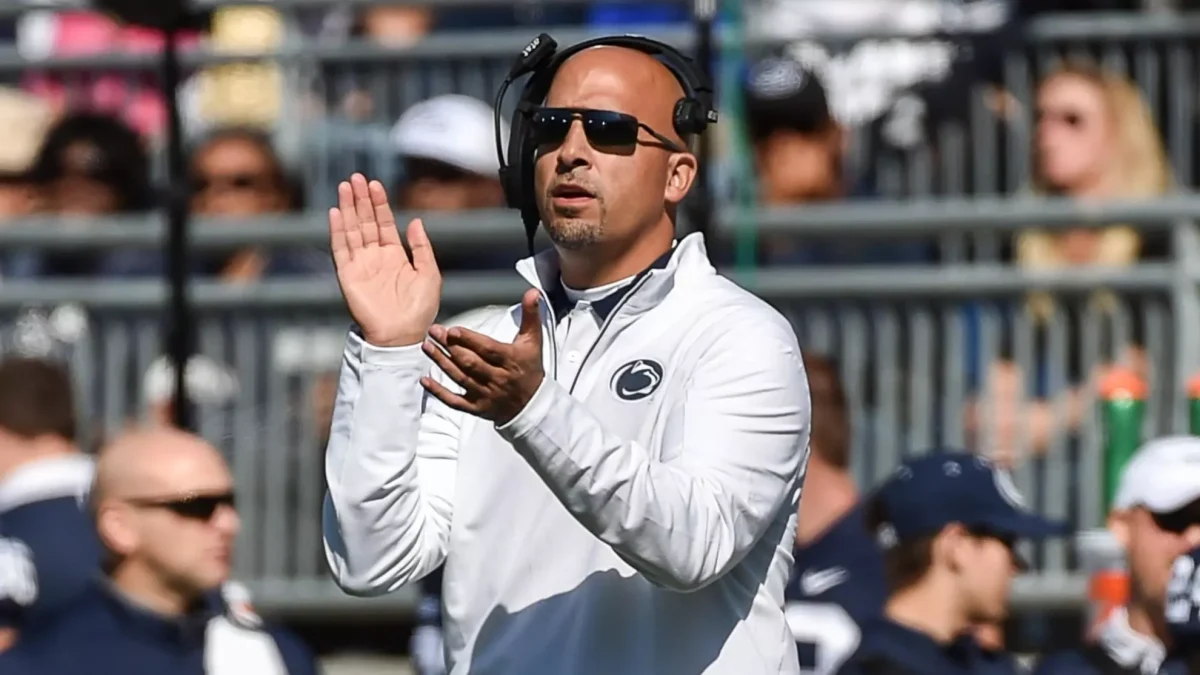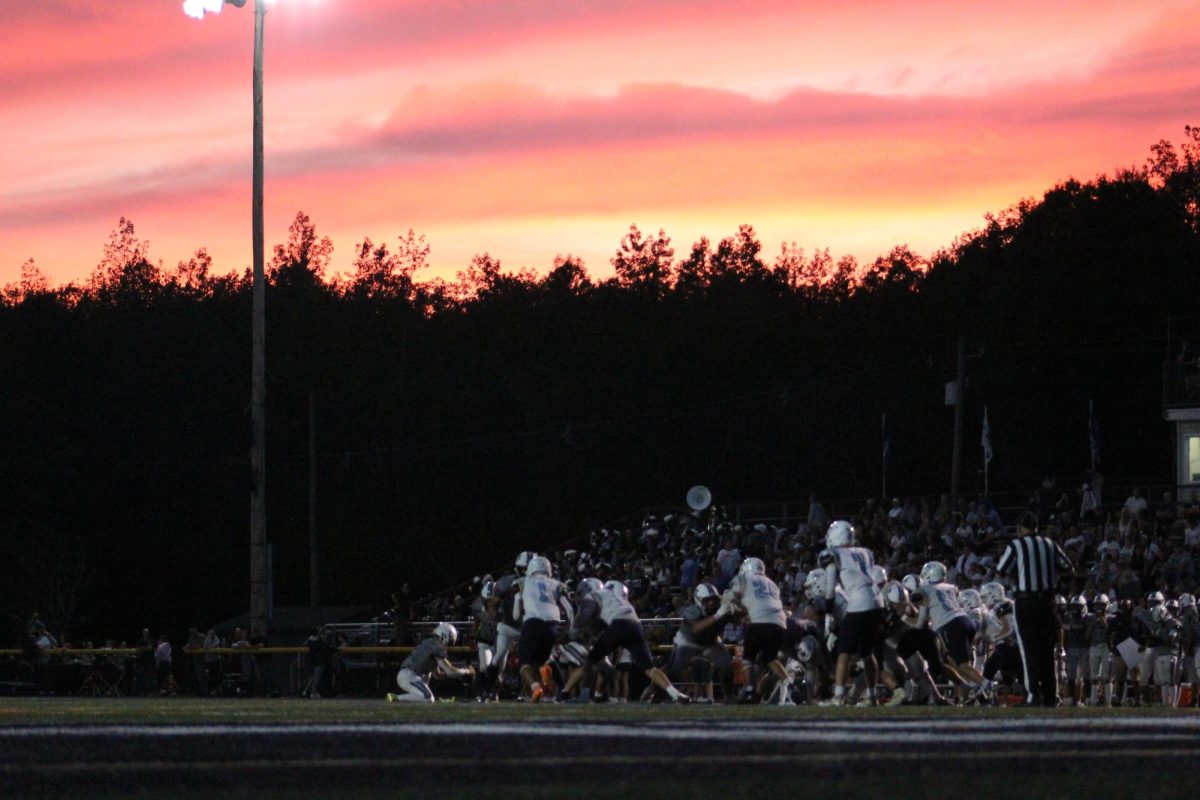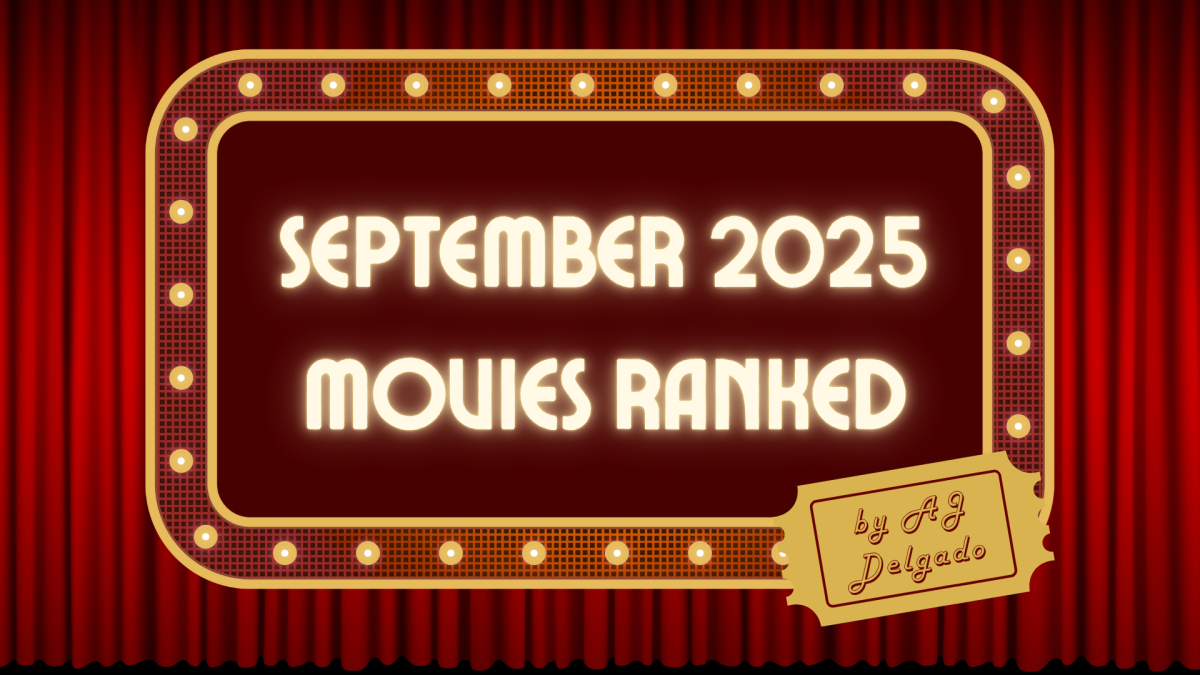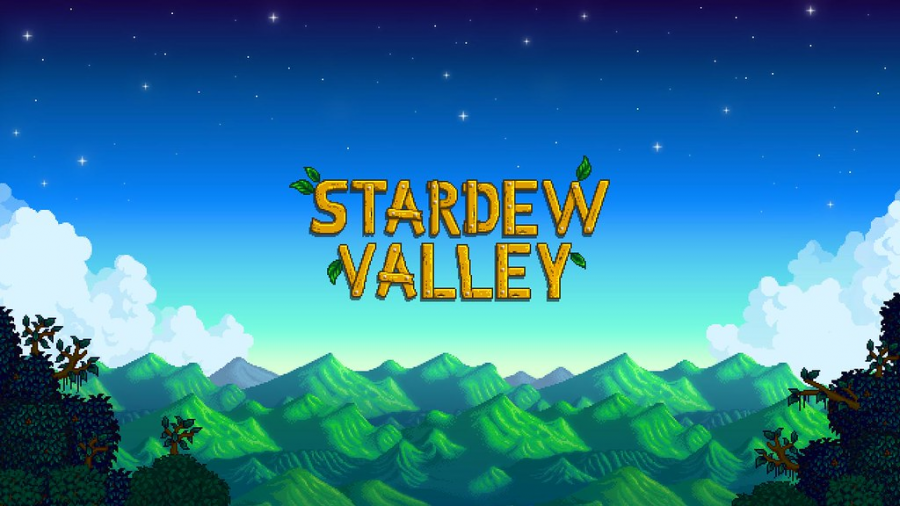Why Stardew Valley is so Special
June 22, 2020
What is Stardew Valley?
Stardew Valley is by far one of my favorite games. It’s a unique game when compared to other farming simulators, as it follows you, the main player, as you escape from the corporate lifestyle to go to a simpler, less driven life, away from society’s capitalistic nature and onto your deceased grandfather’s old farm. As you learn to live off the land through farming crops, raising animals, fishing, foraging, mining, exploring the town, and restoring it to its former magical ways, you also encounter its unique townspeople, whom you can befriend with gifts, as well as date or even marry any of the 12 bachelors and bachelorettes. As you gain hearts with the NPCs and learn their favorite gifts, you get to learn more about their individual storylines through their “heart events,” that touch real life problems, such as alcohol abuse, as well as receive gifts yourself that may not be able to be otherwise obtained. And, if you don’t want to just farm, there are different farm layouts and options that allow you to instead be a fisherman, an adventurer, a miner, a cook/baker, or to be any possible combination of the five. This game of endless fun and possibilities is constantly expanding and through its interactive solo creator, Eric Barone.
How was Stardew Valley Made?
Unlike most games, which have teams or at least two developers, Stardew Valley was made by a solo developer named Eric Barone, who had gone under the name of “ConfusedApe,” throughout the game’s development. In 2011, after graduating with a degree in computer science from the University of Washington-Tacoma, Barone had interviewed for many jobs but upon getting hired for none of them, had to make the choice to either give into the big technology companies that would restrict him to a cubicle and rigid schedule, that he hated most, or find some other way to pursue his dreams. Since he had found joy in video games, drawing, making music and writing, since his youth, Barone had decided to become his own boss and make a fan-made “clone” that fulfilled all the aspects of the Harvest Moon games, his favorite video game series as a kid, as well as improve the Harvest Moon game “Back to Nature,” which according to Barone, the series had became worse after. He had no idea where to start but was excited that he had all the time in the world to create something on his own, without any outside help as he experimented with this idea for months and how to incorporate the core concepts of Harvest Moon with the idea of someone wanting to escape the modern world filled with corporate greed, to instead live a simpler life. With this clone, he had the intent of pursuing his desire to make something, to fulfill his childhood wants and to make something for his transcript so that he can become a game developer one day. As he worked long and hard on the game, although he had originally planned on placing the small project then called “Sprout Valley,” on the Xbox Live Indie Games marketplace as soon as he could say he knew how to code, Barone quickly saw the potential his game had and how much bigger it can be.
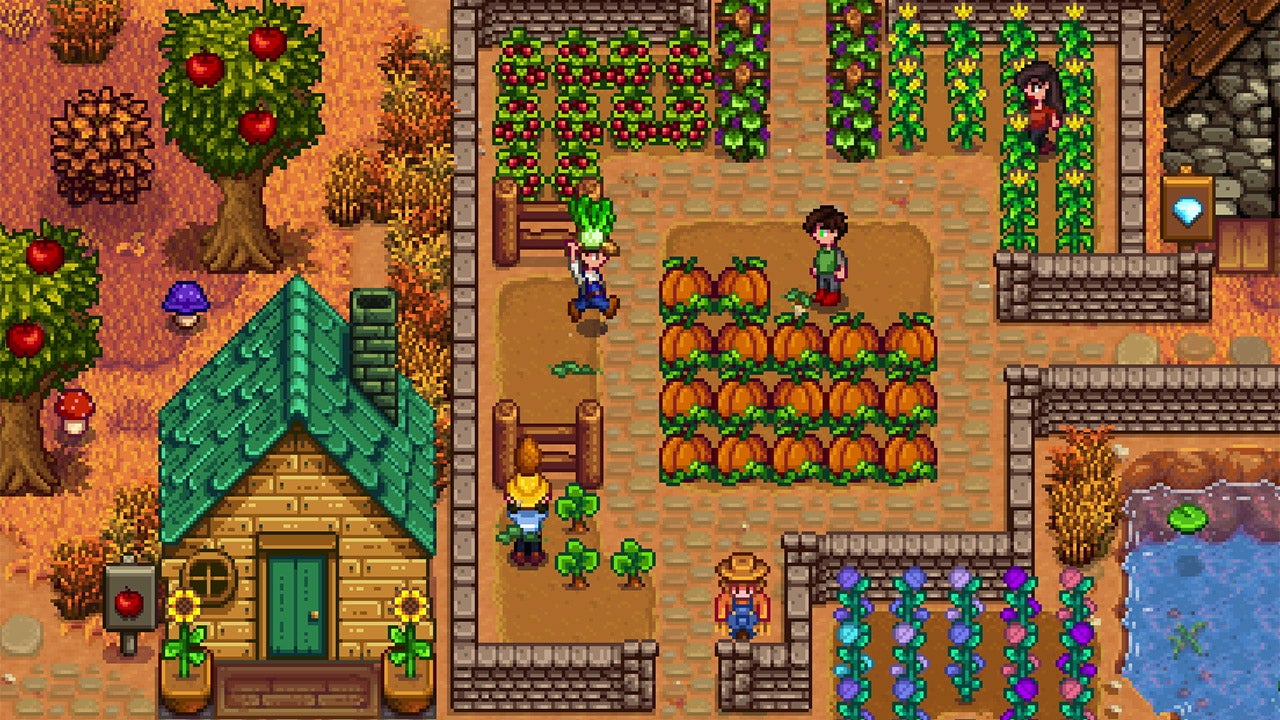 Dedicated to his work, Barone worked 10 hour days for four years before its release, tirelessly coding in C# with Microsoft framework, drawing and redrawing each pixel over and over again until he was happy, in paint.net, and composing the game’s music and sound effects with the program called Reason. As he improved his skills, he constantly went back to spend thousands of hours redrawing everything, months recreating dialogue and years perfecting the game. Even before he got produced by Chucklefish and got greenlit in 2013, Barone wanted the game to be completely done when released, releasing on his blog in 2014 that the game still needed much work before its release 2 years later. As he continued to work endlessly and interact with the fans constantly, Barone encountered financial problems as he was forced to get a job at Seattle’s Paramount Theater, before his girlfriend Amber, a plant biology student at the time, stepped in and offered financial support and her home to him. Trying to make Amber proud, he worked even harder, as he took notes, although not being so versatile, on what the people wanted and how it would fit in his plan and worked even harder on the game, only taking breaks to scroll through reddit to interact with the community before getting an idea and instantly jumping on it.
Dedicated to his work, Barone worked 10 hour days for four years before its release, tirelessly coding in C# with Microsoft framework, drawing and redrawing each pixel over and over again until he was happy, in paint.net, and composing the game’s music and sound effects with the program called Reason. As he improved his skills, he constantly went back to spend thousands of hours redrawing everything, months recreating dialogue and years perfecting the game. Even before he got produced by Chucklefish and got greenlit in 2013, Barone wanted the game to be completely done when released, releasing on his blog in 2014 that the game still needed much work before its release 2 years later. As he continued to work endlessly and interact with the fans constantly, Barone encountered financial problems as he was forced to get a job at Seattle’s Paramount Theater, before his girlfriend Amber, a plant biology student at the time, stepped in and offered financial support and her home to him. Trying to make Amber proud, he worked even harder, as he took notes, although not being so versatile, on what the people wanted and how it would fit in his plan and worked even harder on the game, only taking breaks to scroll through reddit to interact with the community before getting an idea and instantly jumping on it.
Although his introverted ways didn’t serve as a problem with interacting with the game’s fans, the pressure of the game was so hard that Barone sometimes had wanted to just give up and quit. He had wanted to create a fun game worth his time, that explored this fight to escape this soul-crushing world and its capitalistic nature by becoming a farmer who does things like cook, to not make more money but to instead obtain more energy, who can learn the importance of local communities, through gifting and learning about the NPCs through their cutscenes. But, even though he had enjoyed the freedom of the development process, as his publishing deal had already been confirmed years ago, he often doubted if anyone would even like the game, as he didn’t even himself at the time, having played it every single day for four years straight, with no input other than his inexperienced girlfriend. He was so engulfed in the development that he often forgot to eat or spend time with her. Although it was a hard process, it was almost over. To decrease his doubts, Chucklefish had provided three Twitch streamers to test the game, who had found a game breaking bug the day before the release, causing Barone to work in a stressful yet exhilarating daze, to fix it until late that night.
On February 26th, 2016, Stardew Valley had been released on Steam and was an instant success, selling around half a million copies two weeks after its release. As a result, Barone worked even closer with his fans to fix any bugs and errors found, making him work even harder, 15 hour long days to make the game the most enjoyable it can be. Later being released to macOS, Linux, PS4, XBox One, the Nintendo Switch, Playstation Vita, iOS devices, Android devices and even the Tesla Arcade, Barone became a millionaire but, maintaining his values, he didn’t focus on the money but instead saw the accomplishment as his purpose in life, and as something he wants to continue doing through Stardew Valley and other games so that he could proudly look back on the joy he brought people.
What Makes Stardew Valley so Special?
At the beginning of this year, more than 10 million copies of Stardew Valley have been sold. Although Stardew Valley is a unique farming simulator that, as previously stated, has a story line similar to Barone’s values, of a character who escapes capitalism to live a simpler life away from the goal of solely profiting off of everything, as they learn to build relationships in a small town and become free as they find their purpose, that isn’t the main reason this game is so unique. In addition to its magical and unique storyline, what Barone thinks makes his game so special is the connection between him, the game and its players. Believing that what makes indie games so special on their own, is the personal connection between the creator and its audience, as he was the sole creator of the game, Eric had this greater connection to his audience, than most indie games, as well as an even more personal connection to the game itself. Actively replying and communicating with his fans both before and after the game’s development had allowed Barone to believe that his game was not made by “some faceless corporation that is giving you a focus tested message or focus tested experience,” but instead it has “this raw connection between the creator and the audience.” Even if it’s not as popular as farming games like Animal Crossing, the valley is still a beautiful, special place and a game everyone should definitely try.








